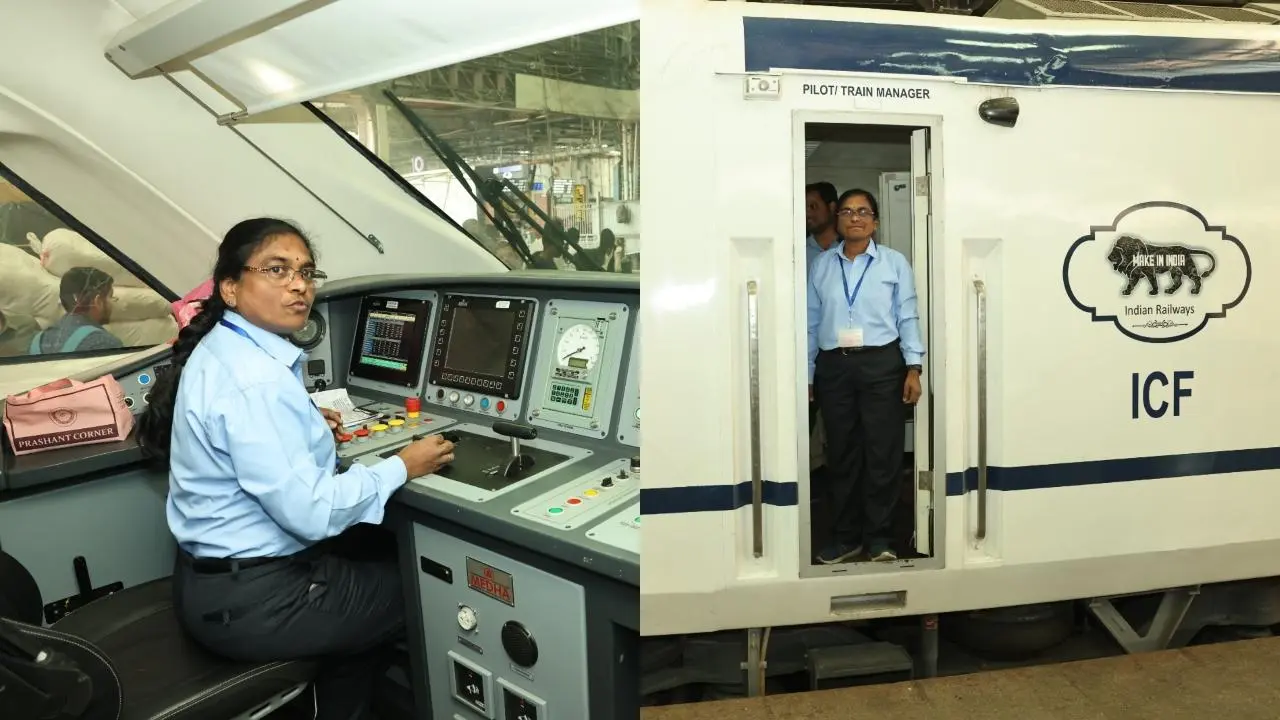The Indian Railway Ministry has announced a significant recruitment drive to fill 18,799 Assistant Loco Pilot (ALP) positions across 16 zones in India. This announcement, issued on Tuesday, follows a tragic train accident in West Bengal on Monday, resulting in the deaths of 10 people. The decision to increase the number of vacancies highlights the Ministry’s response to both recent accidents and ongoing concerns from trade unions about staff shortages in safety-critical roles.
Key Points:
- Vacancies: 18,799 posts for Assistant Loco Pilots.
- Issuance Date: Recruitment notice issued on Tuesday.
- Context: Announcement comes after a train accident in West Bengal resulting in 10 fatalities.
- Increase in Vacancies: Initially, only 5,696 vacancies were notified in January. This number was increased to 18,799 due to pressure from trade unions and the increasing number of train accidents.
Background and Context
Indian Railways has been under scrutiny due to a series of train accidents. The recruitment notice came just a day after the fatal accident in West Bengal, where a goods train collided with the Kanchanjunga Express in the Katihar Division of Northeast Frontier Railway. This accident resulted in the death of 10 passengers and injuries to 43 others. Initial reports indicated that the loco pilots of the goods train may have disregarded signals or failed to adhere to speed limits.
Increasing Number of Vacancies
The initial recruitment plan in January 2023 aimed to fill 5,696 ALP positions. However, after extensive lobbying by the All India Loco Running Staff Association (AILRSA) and the increasing rate of accidents, the Railway Ministry revised the recruitment order to 18,799 positions. This revision aims to address the chronic understaffing that has overburdened loco pilots and compromised safety.
Concerns from Trade Unions
The AILRSA has been vocal about the adverse working conditions faced by loco pilots. They have highlighted several key issues:
- Overburdened Crew: Due to staff shortages, loco pilots are often required to work for extended hours, sometimes stretching to 12 to 20 hours at a time.
- Mental Stress and Fatigue: Extended working hours lead to significant mental and physical fatigue, which is detrimental to the safety and efficiency of train operations.
- Demand for Adequate Rest: The union has demanded adherence to rest rules, including 16 hours of rest upon return to headquarters and 30 hours of periodic rest once a week.
Recent Incidents
The West Bengal accident is one of several recent incidents that have raised concerns about railway safety. In another case, an accident involving a goods train in the Adra Division of South Eastern Railway in June 2023 was attributed to the loco pilots falling into a “micro sleep,” resulting in the train passing a signal at danger. Such incidents underscore the critical need for well-rested and alert train crew.
Indian Railway Board Actions
In response to these issues, the Indian Railway Board has directed all Zonal Railways to expedite the recruitment process for the enhanced vacancies in coordination with the Railway Recruitment Board. This large-scale recruitment drive aims to fill the staffing gaps and improve overall safety and efficiency in train operations.
Implications for Safety and Efficiency
The recruitment of 18,799 ALPs is expected to have several positive impacts:
- Improved Safety: Adequate staffing will reduce the need for extended shifts, thereby decreasing the risk of accidents caused by fatigue.
- Enhanced Efficiency: With more personnel, train operations can be managed more effectively, reducing delays and improving service reliability.
- Compliance with Rest Rules: Ensuring that loco pilots get the mandated rest will enhance their alertness and performance, further contributing to safety.
Indian Railways’ decision to fill 18,799 Assistant Loco Pilot positions marks a critical step towards addressing the staffing shortages that have plagued the sector. By responding to the demands of trade unions and learning from recent accidents, the Railway Ministry aims to improve both the safety and efficiency of train operations. This recruitment drive is not just about filling vacancies; it is about ensuring that the railway network operates smoothly and safely, protecting both its workers and passengers.
For further insights and comprehensive content, please visit our homepage



